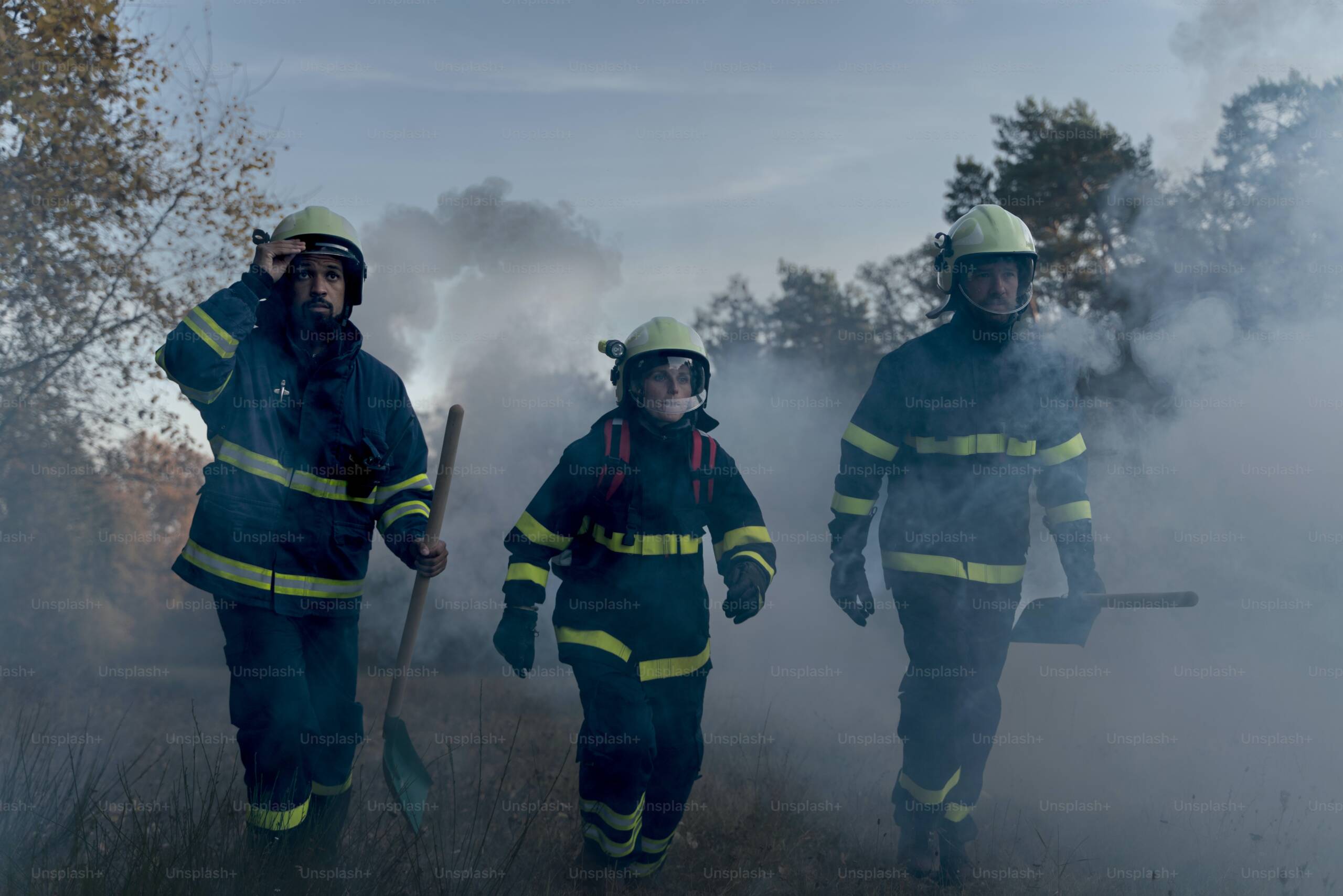
- November 14, 2023
- Residential
Introduction
The basement is a valuable part of your home, providing extra living space and versatility. However, it’s crucial to ensure that this space is not only functional but also safe, especially when it comes to fire safety. In Ontario, interconnected smoke alarms in the basement are not just a suggestion; they are a requirement under the Ontario Building Code. In this blog, we’ll explore the vital importance of interconnected smoke alarms in the basement and how they align with the Ontario Building Code.
Legal Compliance
The Ontario Building Code (OBC) is a comprehensive set of regulations that establish minimum safety standards for buildings in the province. Compliance with the OBC is essential to ensure that your basement is safe for occupancy. One of the code’s requirements is interconnected smoke alarms.
Early Warning System
Interconnected smoke alarms serve as an early warning system in case of a fire. When one alarm detects smoke or fire, it triggers all interconnected alarms in the house, including those in the basement. This rapid response provides occupants with more time to escape, which can be crucial in the event of a fire.
Basement-Specific Hazards
Basements can have unique fire hazards, such as furnaces, water heaters, electrical panels, and storage of flammable materials. Interconnected smoke alarms are designed to detect these hazards quickly and efficiently, further enhancing the safety of your basement.
Accessibility
The Ontario Building Code emphasizes accessibility, including in the case of smoke alarms. Interconnected smoke alarms are particularly useful for basement areas, as they ensure that everyone in the house, including those in the basement, is alerted to the presence of smoke or fire. This is crucial for the safety of all occupants.
Compliance with Secondary Dwelling Units
If you plan to create a legal secondary dwelling unit in your basement, interconnected smoke alarms are a must. The OBC mandates that these units have interconnected smoke alarms for the safety of both the primary and secondary unit occupants.
Preventing False Alarms
Interconnected smoke alarms are designed to reduce the likelihood of false alarms. When multiple alarms are interconnected, they can confirm the presence of smoke or fire more accurately, reducing unnecessary panic and disruption.
Property Value and Insurance
A home equipped with interconnected smoke alarms is likely to have a higher property value, as it signifies a commitment to safety. Additionally, insurance providers may offer discounts on homeowner’s insurance for properties that meet these safety standards.
Conclusion
Incorporating interconnected smoke alarms in your basement isn’t just a matter of convenience or peace of mind; it’s a legal requirement under the Ontario Building Code. It’s a fundamental step in ensuring the safety of your family and anyone occupying your basement, whether it’s a living space, a recreational area, or storage. These alarms provide early warning, enhance accessibility, and contribute to overall fire safety. By complying with this requirement, you not only protect lives but also enhance the value and desirability of your home.
